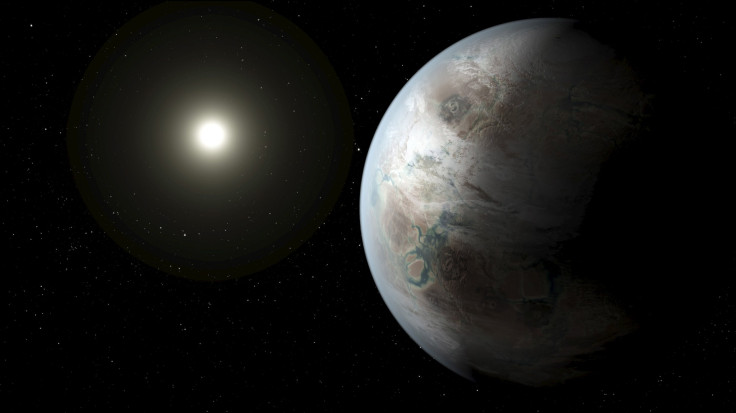How Much Does The Average American Know About Science? New Report Tests Public's Knowledge

Most Americans can answer elementary questions about science, but other topics, such as what properties of a sound wave determine loudness or altitude's effect on cooking time, are not understood as well, according to a new study released Thursday. The report also revealed that comprehension levels varied greatly by gender, age and race.
Only 35 percent of U.S. adults surveyed were able to identify height, or amplitude, as a factor that affects sound waves and just 34 percent knew that water boils at a lower temperature in higher altitudes.
Generally, more questions were answered correctly than not by participants in the survey conducted by the Pew Research Center, which asked 3,200 adults 12 science-related, multiple-choice questions. However, only 6 percent of respondents earned a perfect score.
“Science encompasses a vast array of fields and information," said the study's lead author, Cary Funk, an associate director of research at Pew Research Center. "These data provide a fresh snapshot of what the public knows about some new and some older scientific developments – a mixture of textbook principles covered in K-12 education and topics discussed in the news."
Respondents scored highest when it came to a question about the Earth's hottest layer, with more than 86 percent correctly identifying the answer as the core.
For the most part, respondents were able to differentiate between astronomy and astrology, but 22 percent incorrectly identified astronomy as the study of how cosmic objects have an effect on human behavior, instead of the branch of science related to phenomena in space.
On average, participants gave correct answers to eight out of the 12 questions. College graduates were more than twice as likely as those with only a high school education to answer at least eight questions correctly.
Assessment answers also varied significantly based on race, the findings showed. White respondents answered an average of 8.4 questions right, while a 7.1 average was found among Hispanics and 5.9 among black participants.
Black and white respondents were the most significantly different when it came to a question about ocean tides. The survey found 83 percent of white adults, compared with 46 percent of black adults, correctly identified the moon as a factor in ocean tides.
There were also disparities when it came to gender: Men answered 8.6 questions correctly on average, while women averaged correct answers on 7.3 questions.
Researchers at the center said the report was in response to science's growing role in politics, especially as the 2016 presidential election nears.
“As science issues become ever-more tied to policy questions, there are important insights that come from exploring how much Americans know about science,” Funk said.
© Copyright IBTimes 2025. All rights reserved.






















